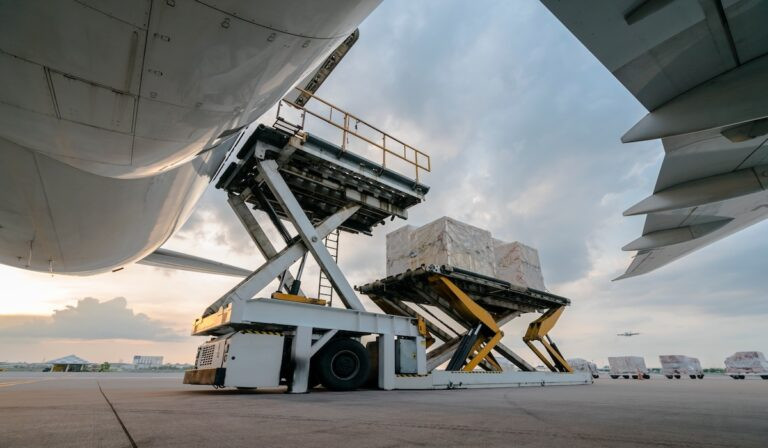The ongoing Red Sea crisis has had a profound effect on the Southeast Asian region, as diversions and delays have seen cargo companies turn away from the cheaper capacity in the ocean sector towards airfreight.
As, the crisis has persisted, particularly impacting larger retailers and apparel companies that moved their manufacturing hubs to the area to reduce reliance on China.
The diversion from the Red Sea crisis has also led to significant congestion at origin points and a surge in demand for air transport, creating a ripple effect through major transit hubs. Cargo hotspots in the Middle East, such as Dubai, Doha, and Istanbul, as well as key locations in South Asia and Southeast Asia, like Delhi, Mumbai, Singapore, Hanoi, Ho Chi Minh City, and Bangkok, have all been affected. This congestion has led to rising rates for cargo originating from these regions.
This situation has also caused significant price increases at major Asian hubs like Hong Kong, Tokyo, Taipei, Bangkok, Singapore, Delhi, and Mumbai. The high demand and constrained capacity have driven up prices across the board, illustrating the impact of the ongoing Red Sea crisis.
“Having visited India and spoken to almost all the top 50 freight forwarders in South and Southeast Asia, I’ve observed their struggles,” Joyce Tai, Freightos’ EVP of Worldwide Partnerships, explained.
“They face immense pressure and constant questioning, especially from the largest shippers who have manufacturing facilities worldwide.
“These shippers seek consistent service quality and output, but the Red Sea diversion has disrupted this dynamic.
“They want to know: Can you book this flight? Will it reach the transit hub on time? What are the additional costs?
“European and American customers are willing to pay extra, sometimes four to ten times more, but they need guarantees. They require precise data on when cargo will be loaded and comprehensive track-and-trace.”
Adapting swiftly
Freight forwarders need smarter tools, and this is where the power of a digital platform comes in, allowing for better planning and flexibility. Traditionally, freight forwarders in India could only see options from India. However, with a platform that supports delegation and multi-country configurations, they can explore alternatives. They can now see rates and options from other locations like Singapore, Hong Kong, and beyond, adjusting their logistics plans accordingly.
Before the availability of these functionalities, it was nearly impossible for freight forwarders to plan more effectively, manage better transits, or consider alternative routes, such as trucking cargo to another country for export. Now, with advanced platforms, this level of planning and adaptability is possible, enabling them to navigate the current complexities of global logistics more efficiently.
“This highlights the urgent need for better digitisation.” Tai outlined.
“Innovation, aimed at standardisation, often breaks down during extreme conditions like the pandemic and the Red Sea crisis.
“It’s evident that airlines, freight forwarders, and service agents need to reassess and improve their technologies due to various global crises and diversions.
“This topic is a major concern in South Asia and Southeast Asia, with operators seeing a call to action for airlines, freight forwarders, and software companies to collaborate and enhance their systems.”
“I think that mentally and in terms of mindset, people are now ready for digital transformation.”




